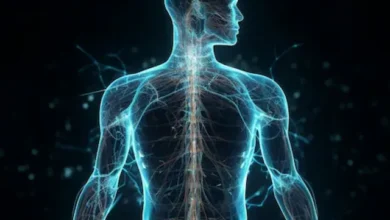When is a headache anything to worry about?
Although headaches seem to be a frequent issue, Sudhir Kumar, a neurologist in Hyderabad, said that if they are not identified and treated in a timely manner, they might cause incapacity or even death.

In a post on X.com, the physician from Apollo Hospital in Hyderabad said that headaches are often not life-threatening and are typically of the tension and migraine varieties.
They are simply and often efficiently treated, and they don’t cause any major consequences.
But not every headache reason is harmless. According to Sudhir, there are some significant headache-causing illnesses that, if not identified and treated in a timely manner, might cause incapacity or even death.
The most severe headache, according to the doctor, is caused by a “subarachnoid hemorrhage,” which may result in a potentially fatal brain hemorrhage.
Motivational speaker Jaggi Vasudev recently had a terrible headache that lasted for many weeks. Afterwards, he had emergency surgery to stop the bleeding in his head.
“Headache that often wakes up a person from sleep, or is worse in mornings on waking up, or that results in vomiting, double vision, etc, could be suggestive of a brain tumour,” Sudhir added. He went on to say that headaches combined with arm or leg weakness might be a sign of a potential “stroke.”.
Additionally, the expert said that a headache accompanied by a temperature and decreased awareness “may indicate meningitis (brain fever)” and that a fever with fits of convulsions “may indicate encephalitis (brain fever)”.
According to Sudhir, other “red flags” that need to be taken seriously include “new-onset headache in a person aged above 50; headache lasting longer than 72 hours; and a headache that is not responding to pain-relief medications.”
A recent shift in the frequency, intensity, or kind of headaches may potentially be a risk factor that needs further research.
“If you notice any of the above “red flags” associated with headaches, it is better to consult a neurologist and undergo a brain scan (CT or MRI) and/or other investigations to determine the underlying cause, so that the appropriate treatment can be started,” Sudhir stated.
“Early recognition and prompt initiation of appropriate treatment can be life-saving in these conditions,” he said.






